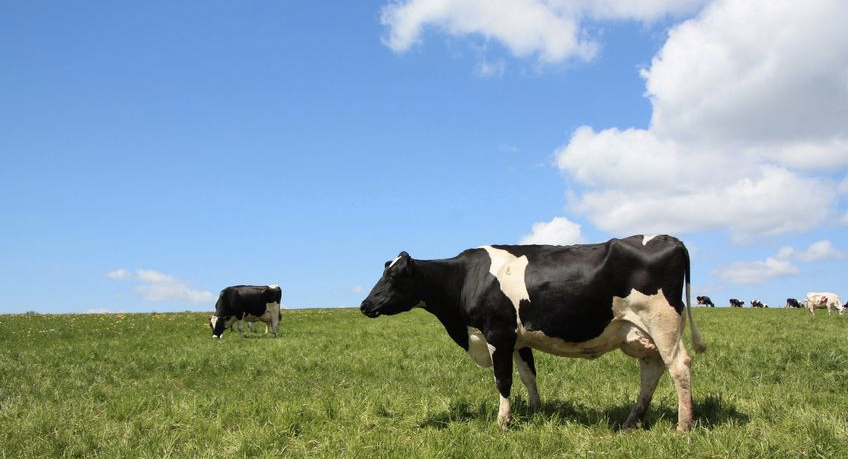
Farm charity the Royal Agricultural Benevolent Institution (RABI) has distributed around £1.9m to farmers in hardship as incomes continue to plummet.
A total of 1,340 individuals and families received financial support from the charity last year. It also helped farmers claim more than £390k in state benefits and tax credits.
The news comes as a prolonged period of drops in farmgate prices were announced, and is largely to blame for the falling farm income.
Defra’s latest Farm Business Income forecast shows significant falls across almost all the farming sectors. Average incomes are expected to fall by almost a half on dairy farms in 2015/16. However, these figures mask significant variations across farms given the variance in price is so large. Similarly, the arable sector has also suffered as income is forecast to be down by 24 per cent. This is the second year of significant falls in farm incomes.
"For working farmers suffering financial hardship due to an unforeseen crisis, we can provide grants towards relief staff," said RABI CEO Paul Burrows.
“For retired and/or disabled people we provide regular and one-off grants for living costs. We can help with home-help costs and provide specialist equipment and white goods. Our work is funded by donations, investments and legacies. We receive tremendous support from the farming community and fundraising events are held throughout England and Wales by our county committees of volunteers.
“Our message is simple; If you or someone you know works or has worked in farming and is in need of help, call our Freephone helpline on 0808 281 9490. Your call will be handled with discretion. Just ask – we do much more than you think.”
NFU President Meurig Raymond said: “Given the low prices we have witnessed across the industry it is no surprise that we have seen sharp falls in incomes. But the figures still make sobering reading. Agriculture is short on good news right now with the last 24 months seeing British farming face massive challenges.
“The subsequent cash flow problems this creates for agriculture should be a worry for all in the agri-food sector. Farmers need to be profitable so that they can reinvest in the future. The reality is that low profitability and falling confidence should be a wake-up call for everyone and it’s the antithesis of a sustainable framework for the UK food industry.
“While the short term focus is on income and cash flow, the longer term issues are around better management of risk and volatility and everyone has a role to play in achieving that. There is no quick fix but we all have are responsibility towards achieving a better functioning supply chain, only then will farmers have the confidence to invest in the future and build resilience.
The solutions are out there – for example forward contracts, formula pricing, supply chain integration - but these currently characterise a disappointingly small proportion of the food supply chain.
“The opportunities for UK farming are clear – in the longer term global and domestic demand will increase. 2016 will see a new food and farming plan laid down by Defra. A plan to ensure British agriculture thrives needs to be bold, it needs to address fundamental issues of productivity and competitiveness and it needs to see a culture change about how we value food and farming. It must set a confident path for all parts of the UK food system."
